The U.S. administration plans to rescind and modify a Biden-era rule that curbed the export of sophisticated artificial-intelligence chips, a spokeswoman for the Department of Commerce said on Wednesday U.S. time, the Reuters reported.
"The Biden AI rule is overly complex, overly bureaucratic, and would stymie American innovation," the Commerce spokeswoman said. "We will be replacing it with a much simpler rule that unleashes American innovation and ensures American AI dominance," according to Reuters.
The Framework for Artificial Intelligence Diffusion was issued in January. It was aimed at further restricting AI chip and technology exports, dividing up the world to keep advanced computing power in the U.S. and among its allies while finding more ways to block China's access, according to Reuters.
The Biden rule divided the world into three tiers: the first tier could receive unlimited chips. Some 120 other countries were in the second tier, which was subject to caps on the number of chips the countries could receive. In the third tier, countries including China were blocked from the chips, according to Reuters.
According to the Commerce spokeswoman, officials "didn't like the tiered system" and said the rule was "unenforceable." The spokeswoman did not have a timetable for the new rule. She said debate was still under way on the best course of action. The Biden rule was set to take effect on May 15, according to the Reuters.
The Bloomberg also reported that the U.S. administration plans to rescind Biden-era AI chip curbs as part of a broader effort to revise semiconductor trade restrictions that have drawn strong opposition from major tech companies and foreign governments, citing people familiar with the matter.
The repeal, which is not yet final, seeks to refashion a policy launched under President Joe Biden that created three broad tiers of countries for regulating the export of chips from Nvidia Corp and others, according to Bloomberg.
Biden administration’s AI chip rule has drawn blunt rebuke from U.S. tech companies.
Nvidia's CEO Jensen Huang reiterated the importance of China's artificial intelligence (AI) market on Tuesday U.S. time, saying that China's AI market will likely reach about $50 billion in the next two to three years, and that missing out on it would be a "tremendous loss," CNBC reported.
According to the report, Huang said that being able to sell into China would bring back revenue and taxes, and "create lots of jobs here in the U.S.."
China's Ministry of Commerce (MOFCOM) in January said that China firmly opposes the Biden administration's announcement of restrictions on exports related to AI, Xinhua News Agency reported.
The restrictions tighten export controls on AI chips and model parameters further, while extending extraterritorial jurisdiction. They create obstacles and interference for third parties engaged in normal trade with China, the MOFCOM said.
This action has severely hindered normal trade between countries, undermined market rules and international economic order, and affected global technological innovation. It has also damaged the interests of businesses worldwide, including those in the U.S., the spokesperson said, adding that China will take necessary measures to firmly safeguard its legitimate rights and interests, the MOFCOM said.








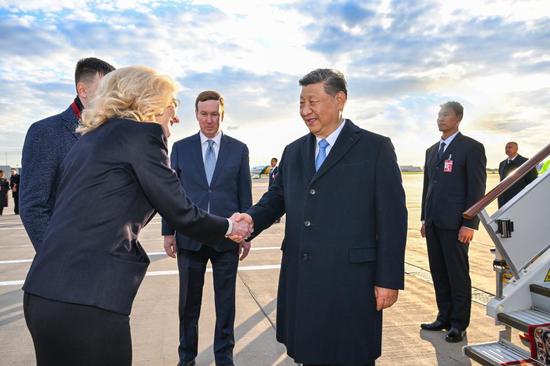

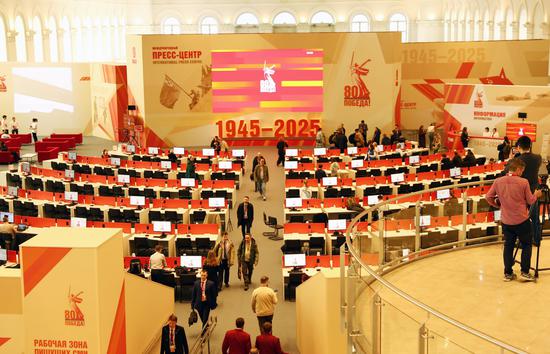


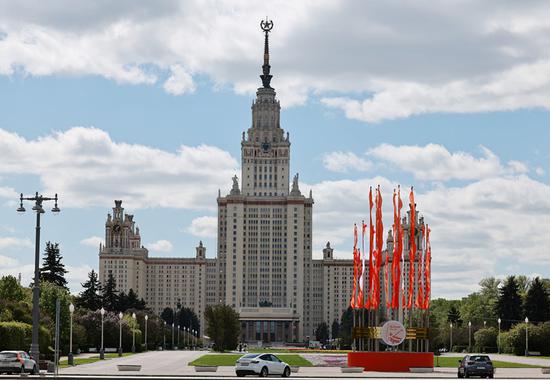








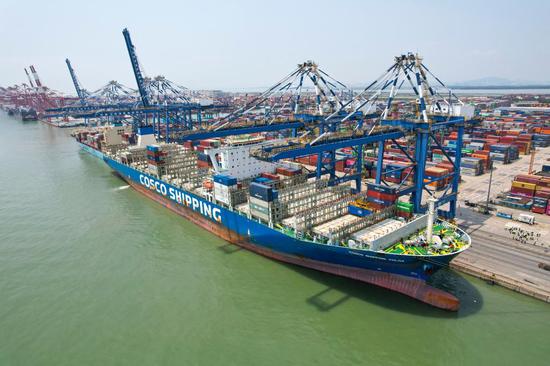

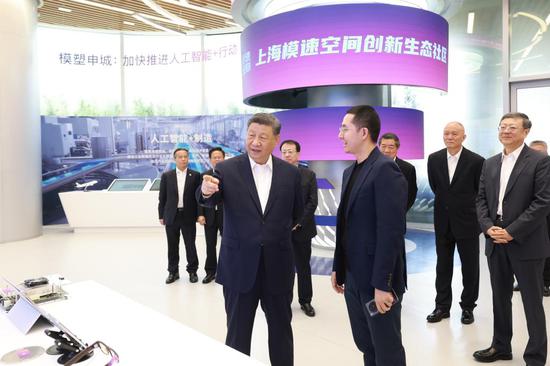


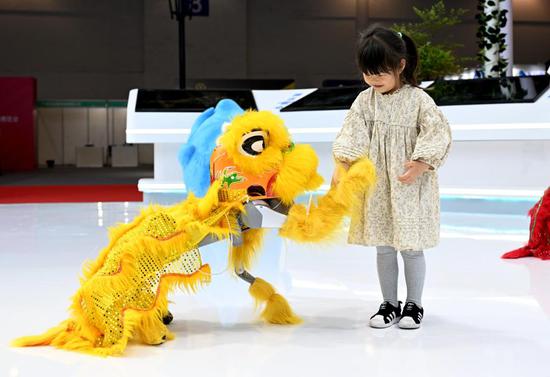






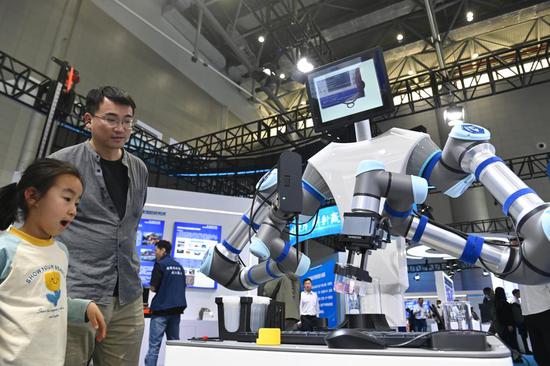






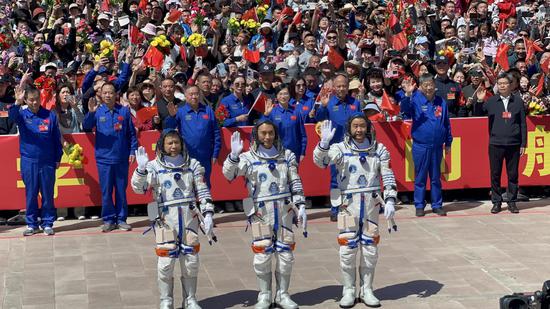






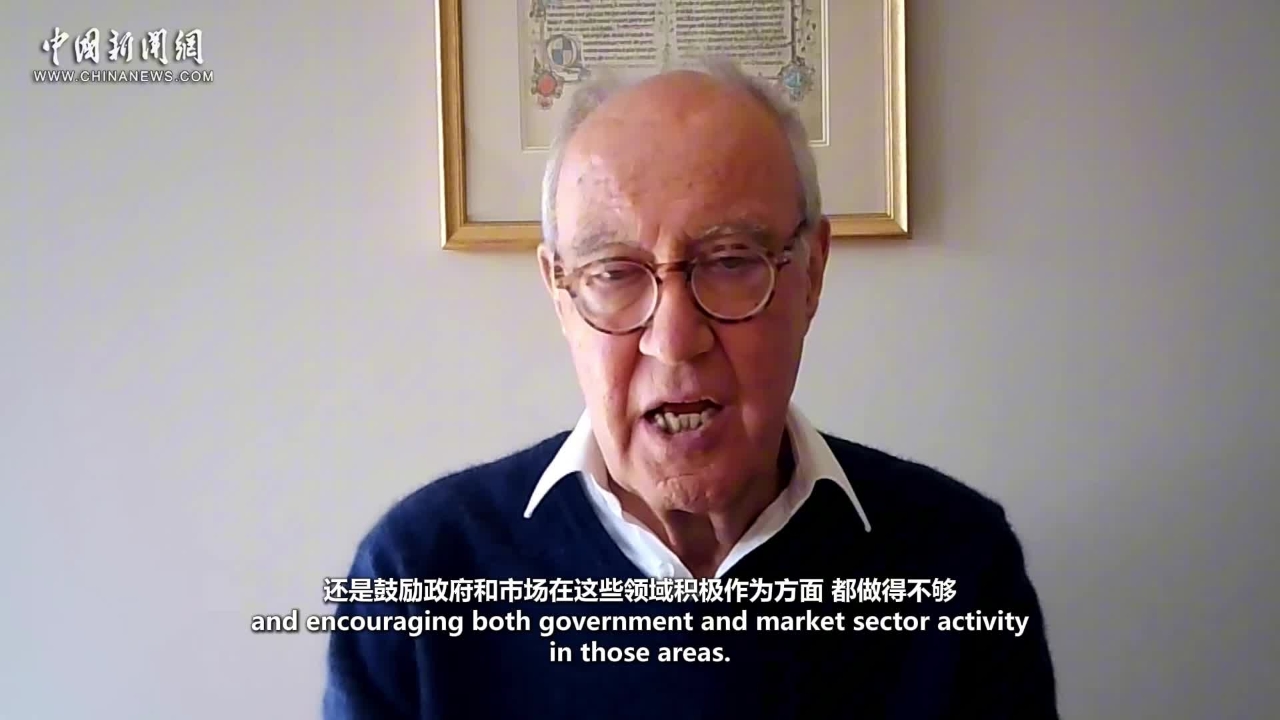

 京公網安備 11010202009201號
京公網安備 11010202009201號